Unlocking the Secret to the 4th Agreement, Always Doing Your Best: A Journey of Values and Action!
Growing up as the daughter of a Cuban Political Refugee, my father’s success in this country was driven by a principle that was simple but profound: always "Do My Best." At ages 10, 14, and 24, these words sounded like sound advice, but I struggled to grasp what "doing my best" truly entailed. It wasn't until later in life that I made some pivotal discoveries about how to live up to this principle.
KNOW YOUR VALUES
Getting crystal clear on my values, especially identifying the one or two core values that resonate most with me, became my compass for making decisions, both small and monumental. In my everyday life, I noticed that when I aligned my choices with my values, I felt productive, effective, and authentically "my best."
Reflecting on my two-decade journey in the Behavioral Health field, I realized that my career choices consistently revolved around my core values of ethics, accountability, and leadership. These values guided nearly every decision I made. Questions like, "Does this program align with my values?" became essential in shaping my path. The result? I can now look back and see that where I am today is a direct outcome of authentically living within my values.
Unfortunately, I can't say the same for all my peers. Over the years, I've noticed some of my Business Development (BD)/Outreach counterparts feeling stuck, disconnected from their work, and even disenchanted with the programs they represent. Some allowed financial incentives to drive their choices but lacked a genuine connection with their program, teamwork with staff, appreciation from leadership, and recognition of their value in guiding clients to treatment. To be blunt, over the last decade, with the evolving treatment landscape, increasing perceived scarcity, and an adversarial "red ocean" mentality, many BD/Outreach professionals I know have developed lukewarm feelings about their work. Recently, some of you took part in an industry survey that asked BD professionals to share their perspectives on their current work. Sadly, many are struggling with feelings of disconnection, disloyalty, and disillusionment with the industry. While they are inspired to help those with mental health and substance use disorders, they've grown jaded by the inner workings of our field.
So, how can we truly do our best if we haven't taken the time to explore our values and align them with our career choices?
Brene Brown, in her latest book "Dare to Lead," highlights that, "We have only one set of values. We don't shift our values based on context... The research participants who demonstrated the most willingness to rumble with vulnerability and practice courage tethered their behavior to one or two values, not ten."
We may have multiple values, but do you know the one or two that serve as your guiding compass? The ones that surface when tough life decisions need to be made?
When you know your values, you can use them to make decisions about how to live your life, and you can answer questions like these:
What job should I pursue?
Should I accept this promotion?
Should I compromise, or be firm with my position?
Should I follow tradition, or travel down a new path?
Is this program the right program for me to represent?
Does the leadership align with ethical practices?
Discovering these values paves the way to doing your best. I will unpack how we can look at discovering our values in an upcoming blog.
TAKING ACTION
According to Don Miguel Ruiz, author of "The Four Agreements," "Doing Your Best" demands taking action. We all have ideas, the "seeds in the mind," but ideas alone are inert until we plant them. So, what ideas have been brewing in your career, especially in your work helping people access treatment? Are you exploring new community sectors for program outreach, delving into a deeper understanding of insurance, seeking expertise in specific treatment modalities to be more of an expert, or striving to build more meaningful relationships within your teams? Taking action on these ideas will propel you toward doing your best. Regardless of circumstances or outcomes, simply "Do Your Best. No more, no less."
Choosing to take action, stepping into the unknown, learning about untapped markets for your treatment program, and designing action plans in alignment with your values and monthly goals can bring happiness and a sense of accomplishment. Ultimately, when we take action we live fully in the present moment.
“Doing Your Best” boils down to living authentically within your truth. I encourage you to reflect on your current career path: Are you proud of the program you represent, and eager to share it with your community? Are you working with an organization aligned with your values, or are you doing it for external expectations or rewards?
"The Four Agreements" is a living tool for everyday life. Sharing my perspective on it in the context of BD/Outreach in Behavioral Health has been a pleasure. When we are impeccable with our word (by avoiding gossip), refrain from taking things personally, live without assumptions, and instead, adopt curiosity by asking questions, we can truly do our best!
